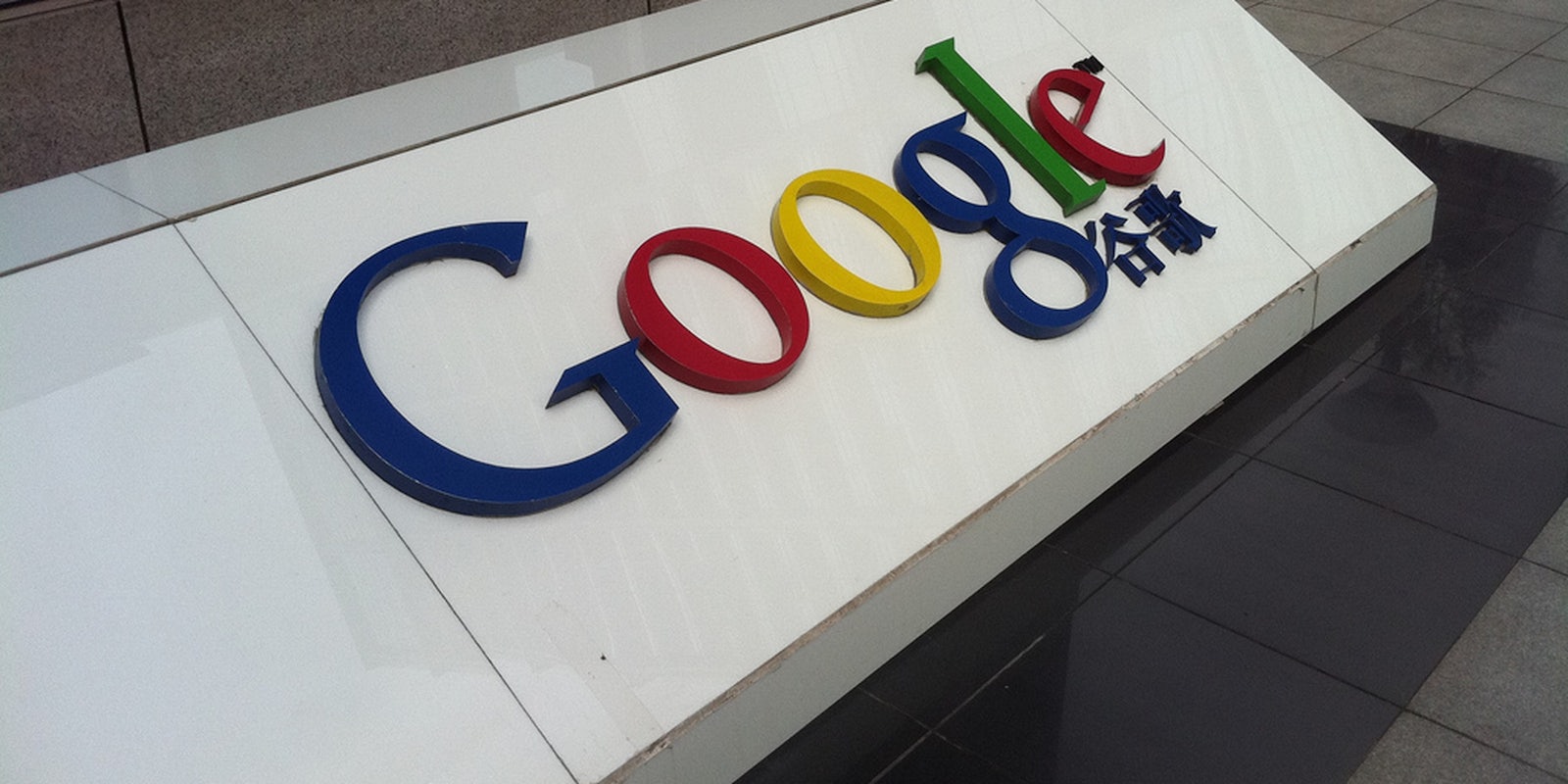Few companies have had as large an impact on our daily lives as Google.
The company is everywhere, powering our access to information and how we connect to others. While founders Larry Page and Sergey Brin started work on Google’s search engine in 1996 and registered Google.com in Sept. 1997, they incorporated the company on Sept. 4, 1998.
To mark the company’s 15th anniversary, here are 15 ways Google has changed the world.
1) Search
Let’s start with the obvious: Google’s first product is so ubiquitous it is now a verb synonymous with looking up information online. The search engine is by many accounts the single most-visited page on the Internet. Google indexes much of the world’s online information, putting any desired public knowledge just a few keystrokes away.
2) Google bombing
One of the best pranks on the Web, a Google bomb is the practice of pushing erroneous, untrue, or satirical search results to the top of Google’s rankings through a series of search-engine optimization tricks.
For several years, the top search result for former Republican presidential hopeful Rick Santorum used his last name to describe a by-product of man-on-man sex—of which Santorum disapproves—giving amateur pundits a startling different view of the politician.
3) YouTube
While Google didn’t create YouTube, it bought the video-sharing site less than 18 months after its public debut in 2005 and has powered its meteoric rise. Now, YouTube has been localized in 56 countries and more than 100 hours of video are uploaded to the site every minute.
4) Google Docs
Using Google Docs, people collaborate on text documents, spreadsheets, and slideshows, wherever they may be. It’s a surprisingly malleable tool that’s been used in classrooms, newsrooms, and to help people find a place to stay after the Boston Marathon bombings earlier this year. Occupy Wall Street organizers collaborated with each other using docs, as did Arab Spring protestors.
5) Google Person Finder
As useful as Docs is in emergencies, Google’s Person Finder tool is perhaps more effective in tracking down missing people in a disaster. The company launched the tool following the 2010 Haiti earthquake.
6) Hangouts
We’ve only scratched the surface for Google+’s live video-conferencing tool. It’s free, easily accessible, and has even been embraced by the president. Notably, musician Daria Musk used Hangouts to boost her career by playing concerts for fans online in July 2011.
7) Google Maps
Most people can’t find their way across the street anymore without Google Maps. By rolling in traffic data and local public transport information, it’s become an absolute necessity, further bolstered by the Street View tool, which captures locations in real life through car-mounted cameras. (It’s also captured some awkward moments, like couples in the middle of sex acts or breakups.) Perhaps more significantly, one man found his way back home 23 years after he was abducted, because he found two bridges he remembered from childhood on Maps.
8) Google Earth
Like a souped-up version of Maps, Google Earth lets you zoom into almost any location on the planet, including the secretive Area 51 facility, for a closer look via satellite. It too has changed lives, as in the case of the lost boy who found his mother in India a quarter-century after he disappeared.
9) Android
Google’s smartphone operating system could have earned the firm billions had it not released the code for free. Instead, people in developing nations have access to smartphone devices that would be too expensive otherwise, connecting them to the rest of the world, despite lacking traditional computers.
10) Google News
Google News indexes up-to-the-minute reports from all over the world. Trust me; it’s an invaluable tool for keeping track of a story as it develops. Google News, along with RSS, changed the way we consume news and learn what’s going on.
11) Transparency
Plug certain keywords into Google Search and you may find yourself on a government watchlist. Through a National Security Agency program known as XKeyscore, spies can reportedly track Internet activity in real time, so what you’re moogling might, in a heartbeat, tell authorities more about yourself than you’d otherwise wish to reveal. That said, through its regular Transparency Reports, Google has set the standard for releasing information pertaining to governmental requests for information.
12) A shared memory
There’s a potential downside to having public information instantly searchable on Google: The Internet never forgets, and all it takes is one Google search to be reminded of a mistake you’d like to control-alt-delete.
13) Self-driving cars
Looking to the future, Google has a number of new projects that could impact the world for decades to come. One is the driverless car, in which computers direct vehicles to where they need to go. A project video from March 2012 showed how the cars could help visually impaired persons get around.
14) Google Glass
Ostensibly a pair of frames beaming a screen just in front of your eyes, Google is pitching Glass as a hands-free way of using the Internet in any situation. It may change the world and how we connect with each other, but for now it’s perhaps most compelling to outsiders for giving a first-person look at interesting situations, from arrests and proposals to surgeries and porn shoots.
15) Project Loon
None of these projects would be possible without the Internet. There are still vast regions of the world in which it is impossible to grab an affordable data signal, much less hook a laptop up to a wireless connection. Google’s planning to change that with Project Loon. The name is somewhat apt since, on the surface, it’s a loopy idea: using balloons to get people online. It’s a strategy, Google says, that will get people online cheaper and faster than traditional cable-based connections laid in the ground.
Photo via bfishadow/Flickr


